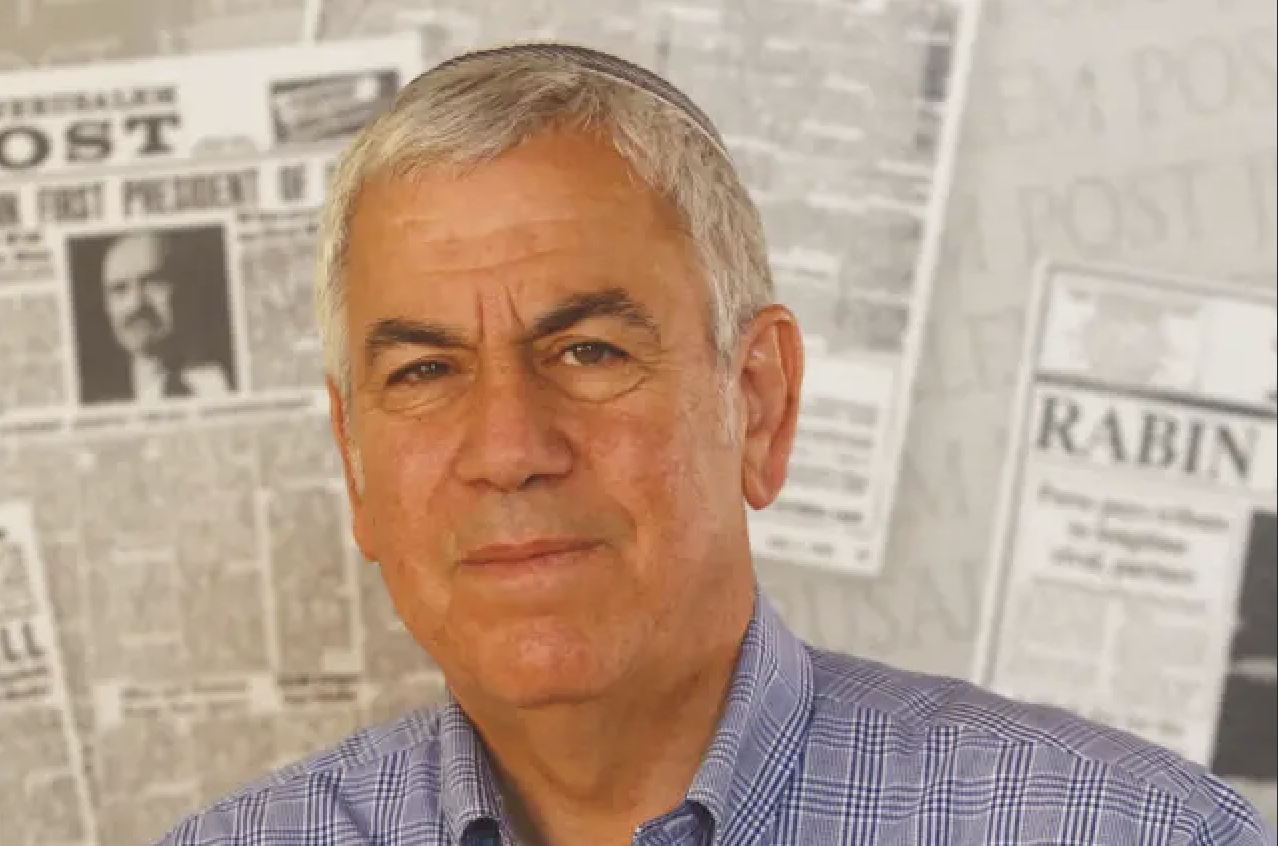Introduction: As Israel persists with military operations against Hamas in the Gaza Strip, particularly in the city of Rafah, the complexity and stakes of the Israel-Gaza war continue to intensify. Hamas accepted an Egyptian-Qatari ‘faux’ ceasefire proposal that was deemed unacceptable for a number or reasons including it not containing a full release of hostages.
Thus, Israel’s government continues with targeted strikes in Rafah, while underlining its conditions for true peace.
David Rubin, former mayor of Shiloh, Israel, located in Samaria in the so-called West Bank, provides insight into the latest developments and the broader geopolitical implications. His expertise offers a nuanced perspective on the ongoing conflict and the delicate balance of negotiating a ceasefire while maintaining national security.
Talking Points:
1. Initial Reactions: Could you discuss the initial Israeli and Hamas reactions to the ceasefire proposal and what this signifies about the current state of negotiations?
2. Strategic Importance of Rafah: Why is Rafah so significant for both Israel and Hamas in the context of this conflict?
3. Humanitarian Concerns: With reports of extensive casualties and displacement, what should be the immediate humanitarian priorities for the international community?
4. Ceasefire Dynamics: What are the key components of the proposed ceasefire, and why has Israel deemed these insufficient?
5. U.S. and International Stance: How has the international community, particularly the United States, responded to the ongoing situation and Israel’s military strategies?
6. Impact on Civilian Populations: Can you elaborate on the impact of the conflict on the civilian populations within Gaza, especially in terms of displacement and casualties? Include in your answer the use of human shields by Hamas.
7. Hamas’s Demands and Israel’s Security Concerns: What are Hamas’s demands, and how do they conflict with Israel’s security concerns?
8. Netanyahu’s Position: How does Prime Minister Benjamin Netanyahu’s stance reflect the pressures he faces both domestically and from the international community?
9. Prospects for a Lasting Peace: What would a realistic roadmap to a lasting peace between Israel and Hamas look like?
10. Role of Mediators: What roles are Egypt and Qatar playing in these negotiations, and how effective have they been? Include how the full release of hostages is a material condition for the prospects for peace.
11. Long-term Implications for Israeli Politics: What could be the long-term implications of this conflict on Israeli politics, especially for Netanyahu’s government?
12. Tell us about Shiloh, Israel Children’s Fund and how we may support your work. Answer: visit IsraelChildren.org
About David Rubin:
David Rubin is the former Mayor of Shiloh, Israel, located in the West Bank’s Samaria region. An author and commentator, Rubin’s work provides in-depth analysis of Middle Eastern politics, focusing on Israel’s security, regional stability, and the complex tapestry of Israeli-Palestinian relations. His insights are informed by his experiences and leadership within one of the most geopolitically sensitive areas of the world.
He is the founder of Shiloh Israel Children’s Fund located in Samaria, Israel (a.k.a. the West Bank), with its website located at https://israelchildren.org/
Contact Information:
For interviews with David Rubin or to receive more information, please contact Jerry McGlothlin at 919-437-0001 or jerry@specialguests.com

